10 Resources By BIPOC Folks That Will Make Your Activism More Intersectional
Books, podcasts and even YouTube channels that will broaden your understanding of race in America.
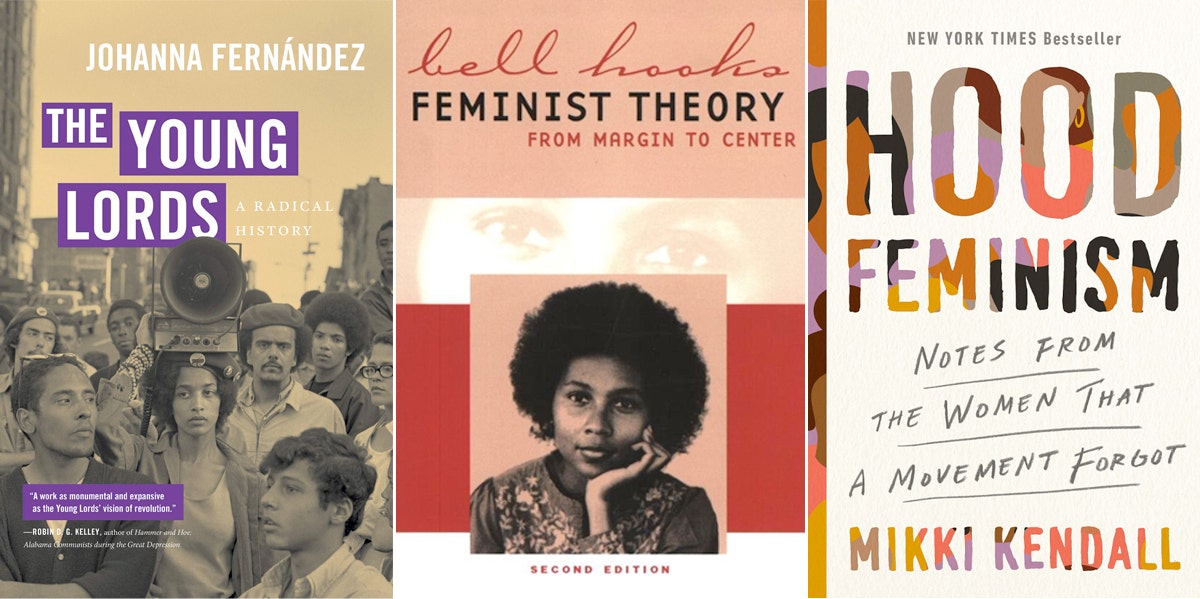 Amazon
Amazon It’s always great to be in conversation with people about racial justice and learn from other people. However, there comes a point where one has to do some reflection and educate themselves on what their own role is in the racial justice movement.
Everyone has a role in this movement, but one thing everyone has to do first is educate themselves.
While I don’t believe it’s the job of BIPOC folks to solve racism on their own, I still believe BIPOC folks should be leading the way.
When doing the work, it’s important to keep intersectionality in mind, which is a framework coined by Kimberlé Crenshaw that allows us to see the interconnectedness of identities (race, class, gender, ability etc…).
During the time of the Black Lives Matter movement and the call for racial justice, it’s important to ensure that our activism is intentional, inclusive, accountable and most importantly, intersectional.
Making your activism intersectional means you’ll know when to step up and speak up, or when to step back and listen.
The first step is to spend time reflecting on oneself and see what your privileges and oppressions are. When you see how intersectionality works in your life, you will be able to apply that lens to other aspects of your life, including your activism.
Here are some resources that’ll help you enter the racial justice movement with a more intersectional approach:
First, some back to the basics anti-racism resources.
Feminist Theory: From Margin to Center by bell hooks
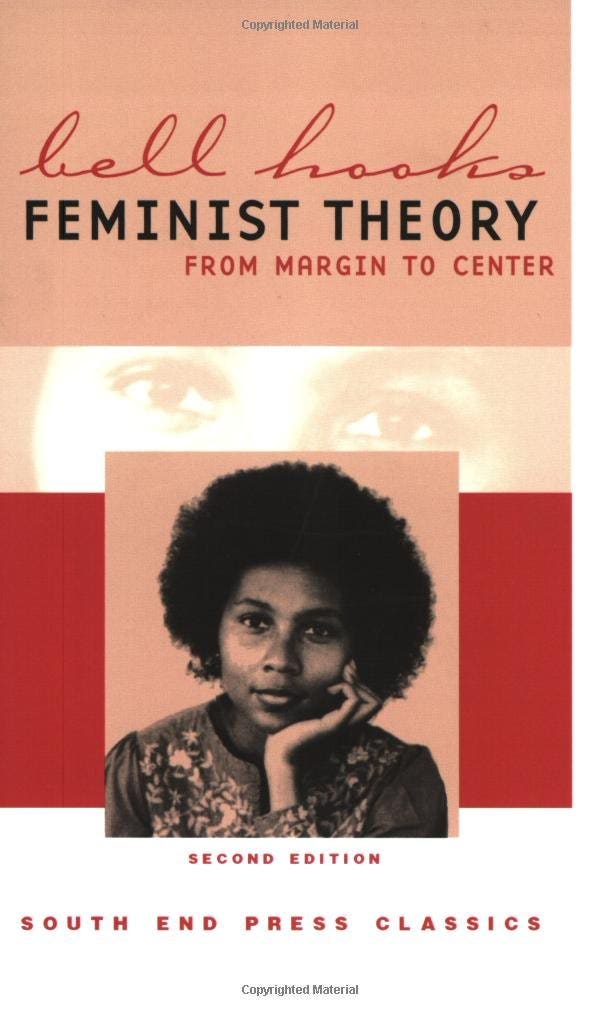
A black feminist theory book published in 1984 that made bell hooks a leader in feminist thought. This book centers the lives of the most marginalized women and is an essential read for folks looking to understand intersectionality.
Are Prisons Obsolete? by Angela Davis
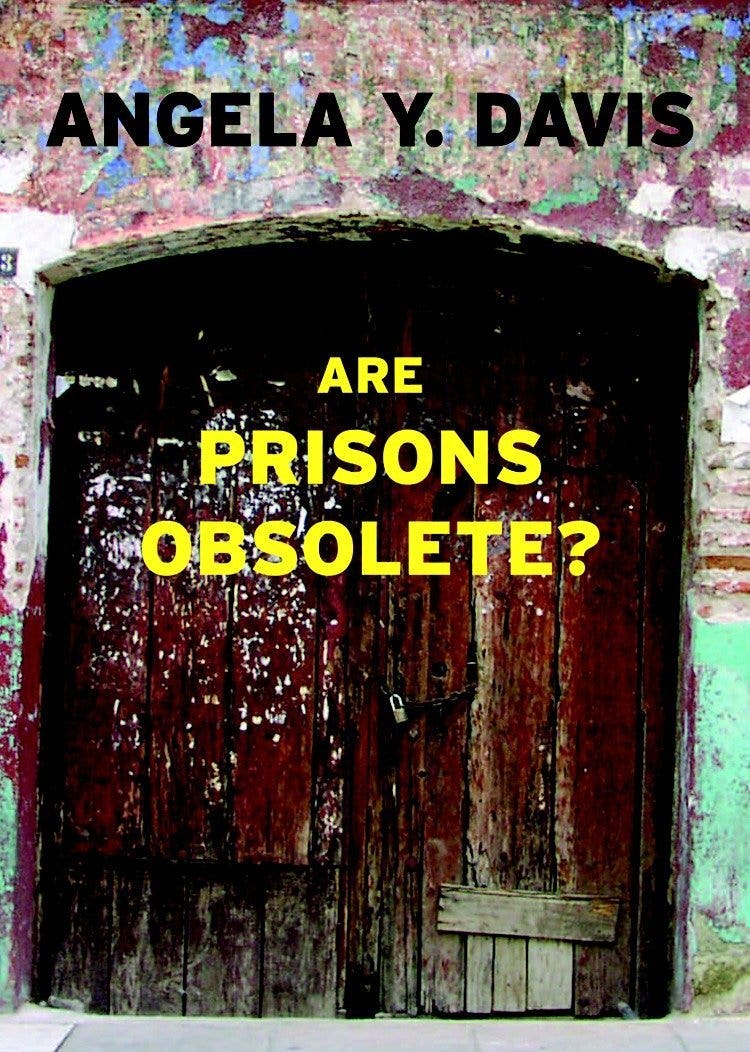
A brilliant book that argues for the abolishment of prisons.
Angela Davis makes the reader rethink whether we as a society need to have prisons and how the prison industrial complex affects our lives in many different ways.
The Young Lords: A Radical History by Johanna Fernandez
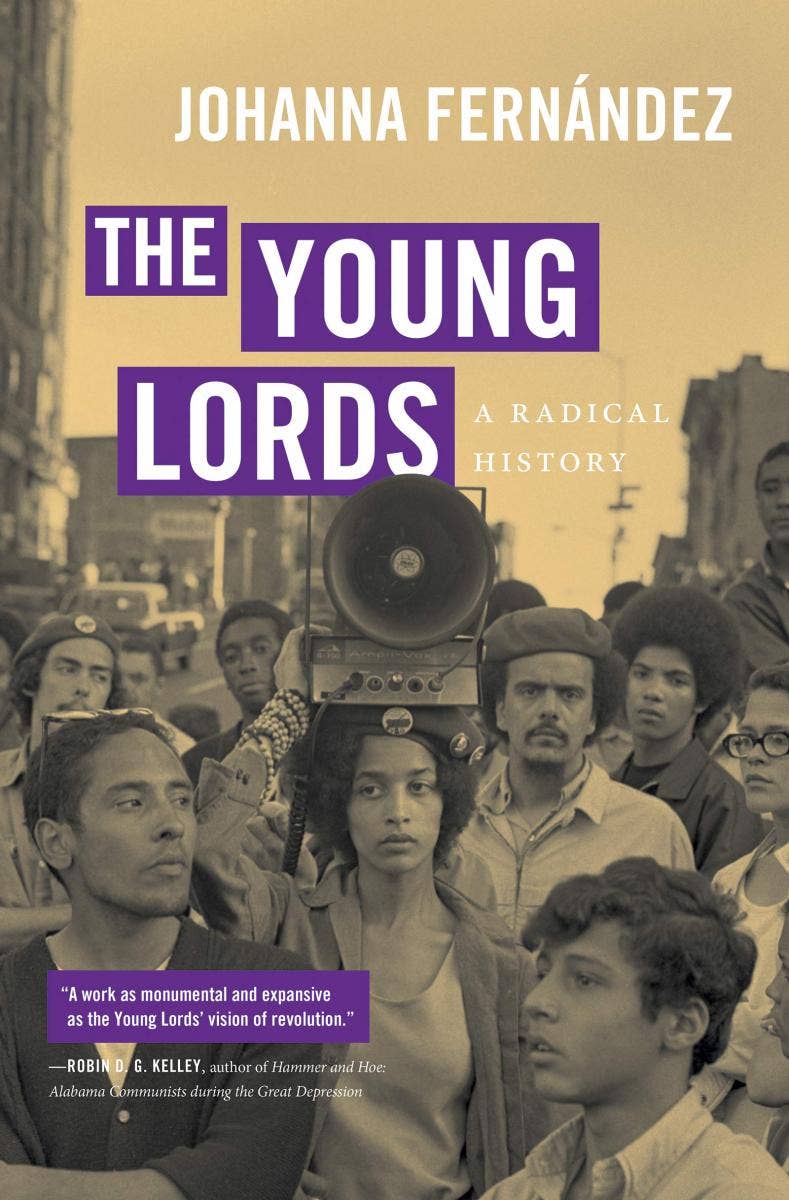
A story of resilience and protest, this book brings the reader through the history of the YLP all the way to the it’s end.
Reproductive Justice: An Introduction by Loretta Ross and Rickie Solinger
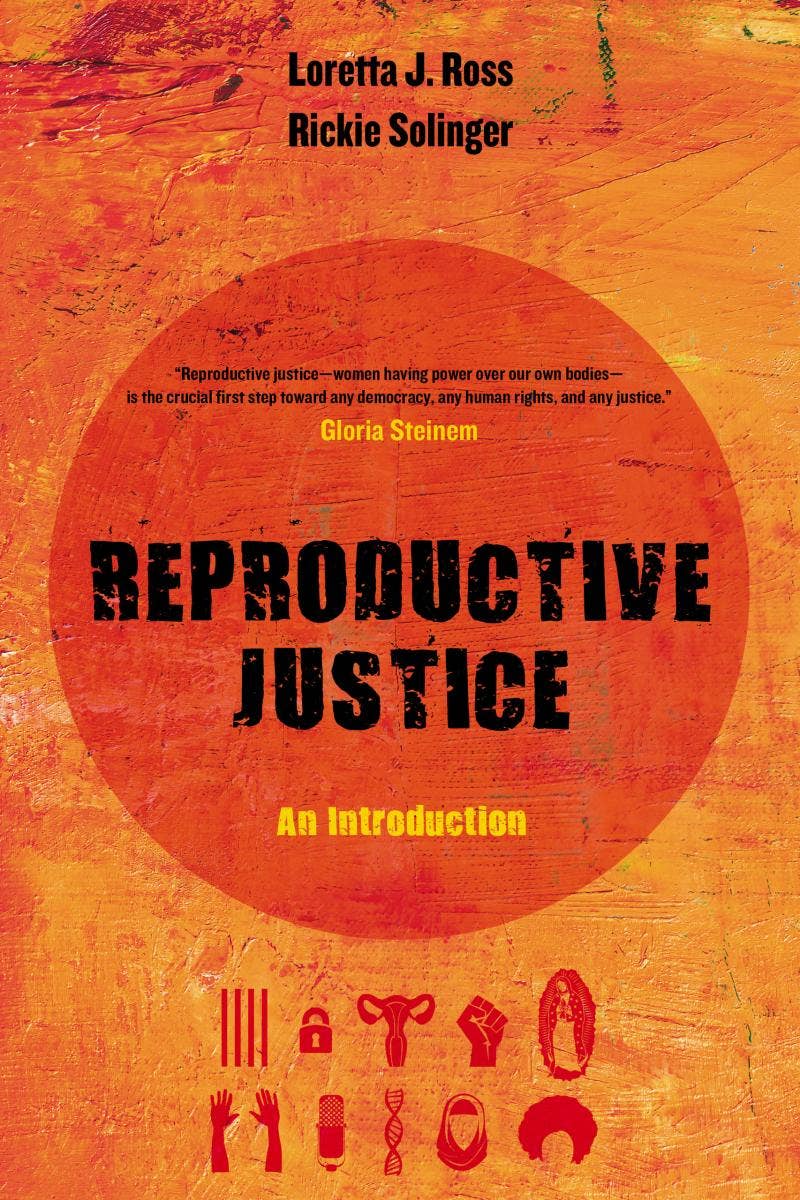
What is reproductive justice, why is it important and how does it affect everyone’s life? You’ll find the very answers to these questions in this book. Reproductive justice is not only a theory, it’s a movement, a philosophy and a goal.
RELATED: 13 Best Books, Movies & Podcasts To Educate Yourself About Racism
Some newer books written by brilliant women of color.
Pleasure Activism: The Politics of Feeling Good by Adrienne Maree Brown
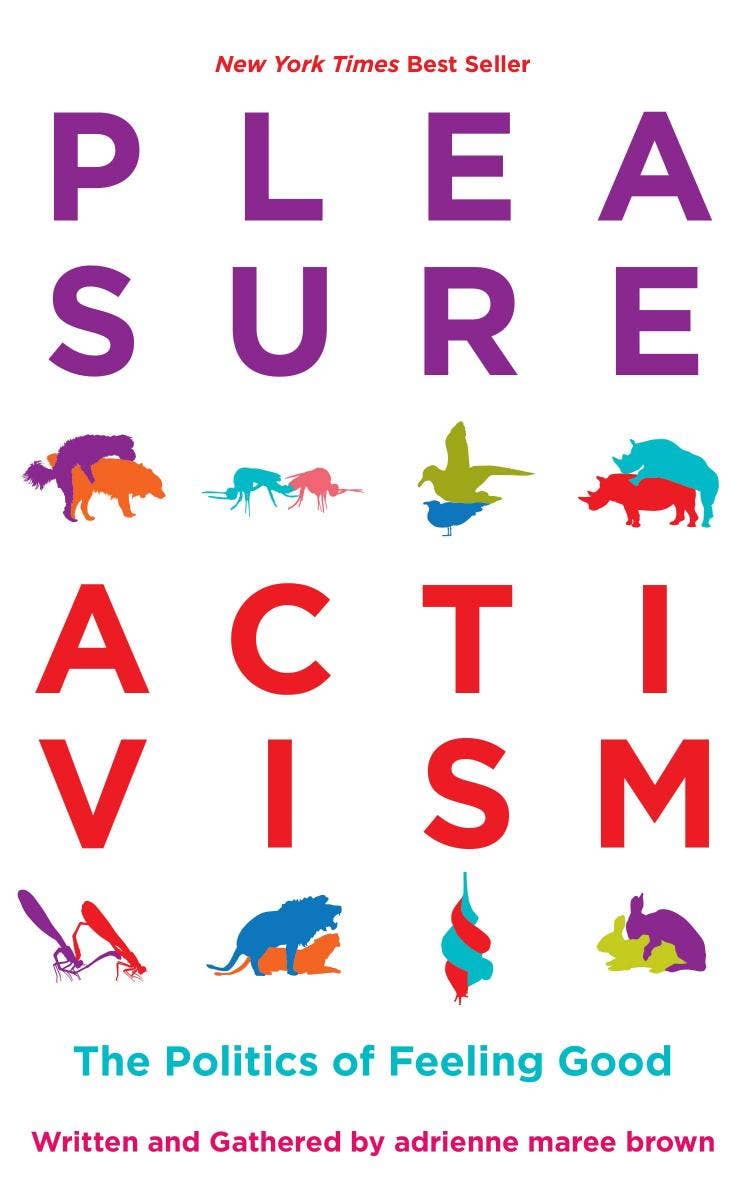
Finding inspiration in black feminist thought, author Adrienne Maree Brown talks about the politics of healing and happiness, how politics can feel good and how what feels good is a politic in and of itself.
Hood Feminism by Mikki Kendall
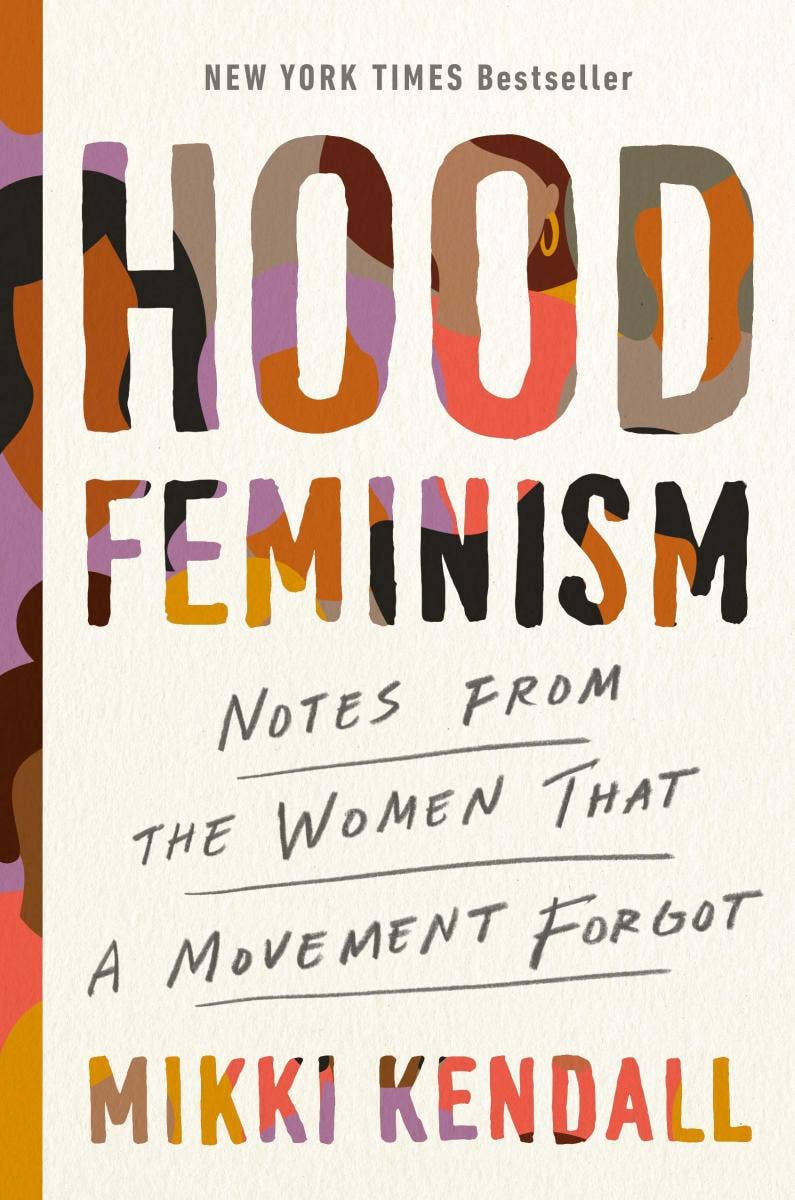
Is feminism really about equality if it is not inclusive?
Through different stories from different women of color, Mikki Kendall centers the stories of women of color and pushes the reader to think further about what the true definition of feminism is.
A podcast to keep you current:
Code Switch from NPR
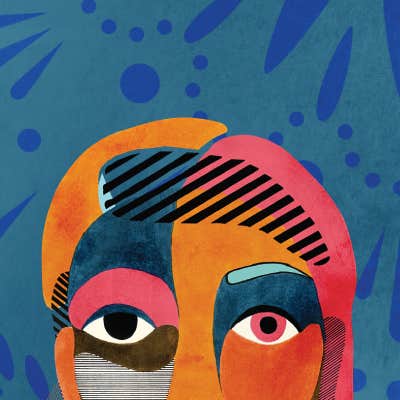
A podcast that leans into difficult conversations about race and culture, Code Switch explores the complexities of identities and how it affects things from politics to pop culture.
For documentary lovers:
13th, a Netflix film by Ava DuVernay and Spencer Averick
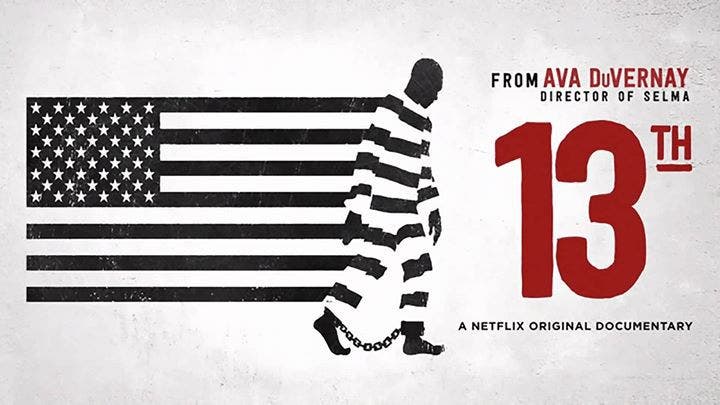
A documentary that explores how the 13th amendment continues to allow the constant policing and incarceration of black and brown communities.
Filled with expert testimonies, this documentary brilliantly explores how mass incarceration continues to pervade our society today.
Finally, some YouTube resources on race and racism:
Jubilee (YouTube channel)

Bravely asking the hard questions and tackling the most contentious issues of our time, Jubilee is a YouTube channel that brings together people of different backgrounds to discuss their experiences and their thoughts.
One Down (YouTube channel)
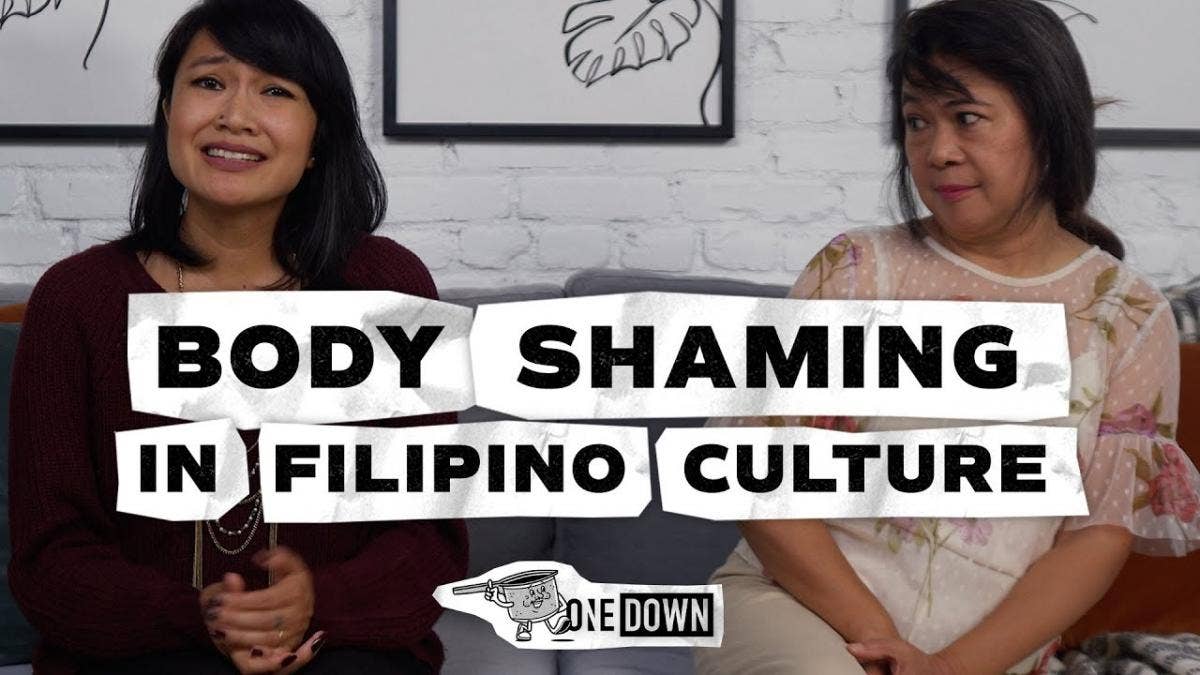
A YouTube channel that explores Filipino culture, a culture whose history has traditionally been untold and repressed.
Angelique Beluso is a sex educator and writer who covers feminism, pop culture and relationship topics. Follow her @AngeliqueBeluso
